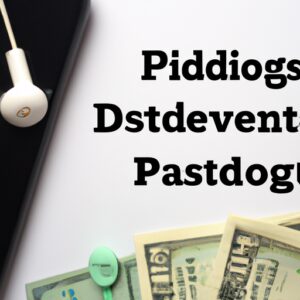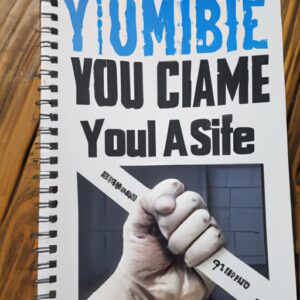The Benefits of Scripting Your Podcast Episodes: Tips and Best Practices
Podcasting is the practice of creating and disseminating digital files that can be downloaded and listened to on a variety of devices. It’s an excellent way to share ideas and express yourself to a global audience, but creating engaging content can be challenging. One way to make sure your podcast is consistently interesting is to script your episodes. Here are some tips and best practices to make the most of scripting your podcast.
1. Get organized before you start
Before you begin writing your script, organize your ideas and make an outline outlining the main points you want to cover. This will help you structure your episode and make sure your content flows logically from one point to the next. Additionally, having an outline will help you stay on track and avoid getting sidetracked by tangential topics.
2. Write conversationally
The best podcasts are those that feel like a conversation between friends. To achieve this, write your script the way you would talk to a friend: using natural, colloquial language. This will help you connect with your audience and make them feel more invested in what you’re saying. Avoid using jargon unless you explain it clearly, and avoid cramming too much information into one episode. Your listeners will appreciate digestible chunks of information.
3. Create a hook
Creating a hook at the beginning of your episode is a great way to grab your listeners’ attention right away. This could be a captivating anecdote, an interesting fact, or a provocative question that you’ll explore in the episode. If you can hook your listeners right from the start, they’re more likely to stick with you through the entire episode.
4. Plan for natural breaks
Especially for longer episodes, it’s important to plan for natural breaks in your script. This could be as simple as transitioning from one topic to another or setting up a new guest interview. By breaking your episode into smaller, more manageable segments, you’ll keep your audience engaged and avoid overwhelming them with too much information at once.
5. Practice, practice, practice
Just like anything else, practice makes perfect when it comes to podcasting. Before recording your episode, practice reading your script out loud. Pay attention to pacing and inflection, and make sure your delivery feels natural. If you can, record yourself and listen back to it to identify areas where you can improve your performance. Don’t be too hard on yourself – you’ll get better with practice!
Conclusion
Scripting your podcasts can be incredibly helpful in making sure your content is engaging and consistent. By following these tips and best practices, you’ll be able to create great podcast episodes that will keep your listeners coming back for more. Now get out there and start scripting!






